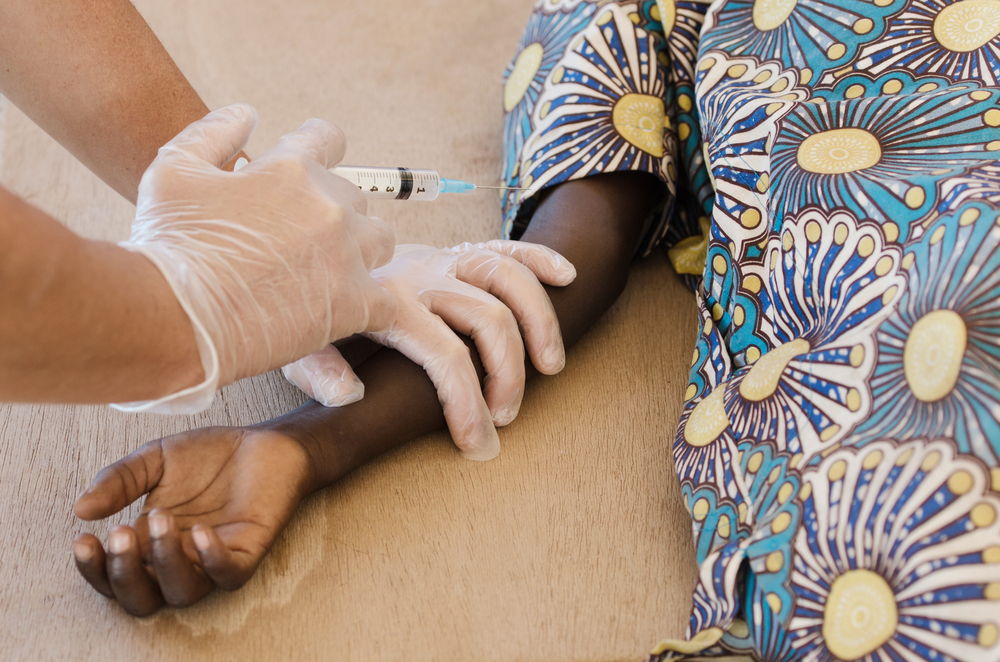
South Africa’s National Institute for Communicable Diseases, in collaboration with the U.S. Centers for Disease Control and Prevention and other global agencies, held a workshop last month addressing biosecurity and biosafety gaps.
More than 50 experts from the Southern African region met in Johannesburg to develop strategies at both the national and regional levels, advance steps to fill gaps, and establish a continent-wide framework for high-consequence pathogens and toxins.
The participants committed to developing or strengthening biosecurity and biosafety legislation and regulations, improving training for biosecurity and biosafety professionals, raising awareness among officials and political leaders about emerging biosecurity-related risks, and developing sustainable, safe, and secure laboratory capacity.
Other agencies collaborating to hold the workshop were Global Affairs Canada’s Weapons Threat Reduction Program, the University of the Witwatersrand, the Zambia National Public Health Institute, the Open Philanthropy Project and the Defense Threat Reduction Agency.
Nuclear Threat Initiative’s Global Biological Policy and Programs team partnered with the Africa Centres for Disease Control and Prevention and the Africa CDC Southern Africa Regional Collaborating Centre.
The workshop was the first from Africa CDC’s Initiative to Strengthen Biosecurity and Biosafety since it launched at the 2019 Global Biosecurity Dialogue in Addis Ababa, Ethiopia.




